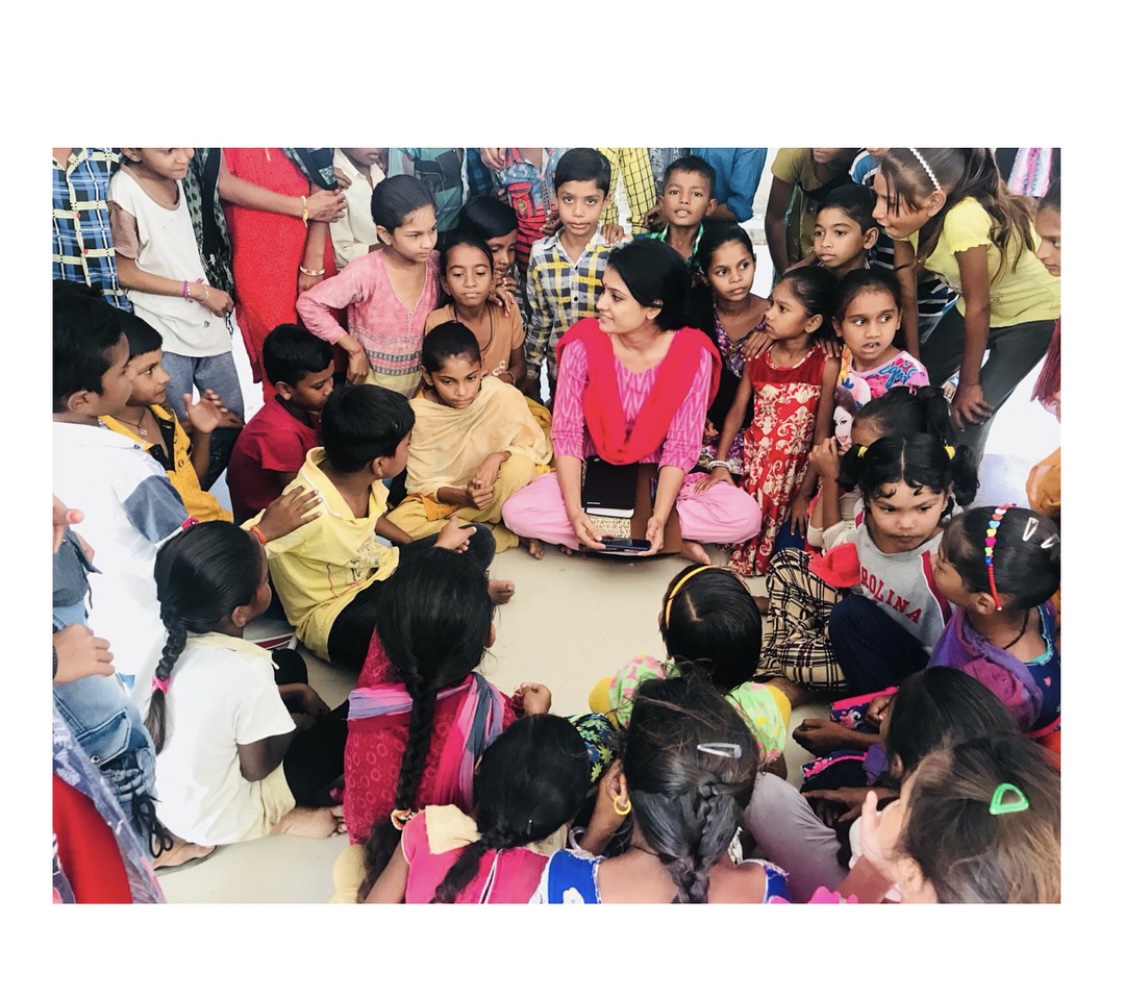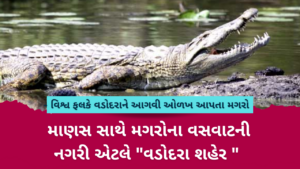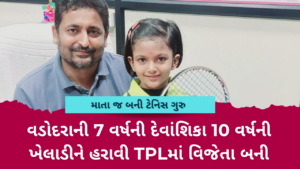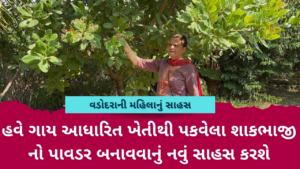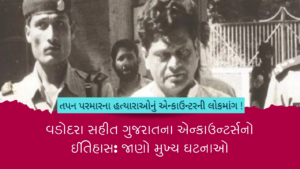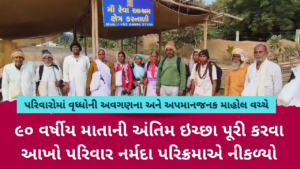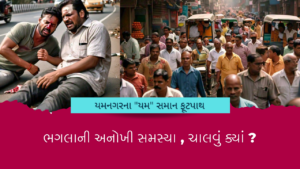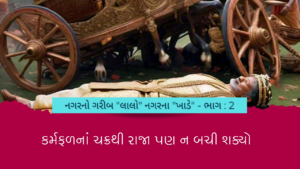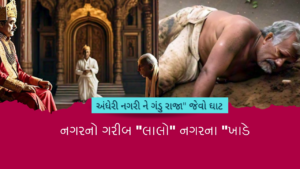“I come from a traditional family and am a second daughter to a set of three to my parents. Throughout our childhood and adolescent years and adulthood, we had a very good education. Thanks to my parents who have a liberal mindset. It’s nothing new that being a woman in a patriarchal society is very difficult. We have to face questions like – ‘Itni mehengi school mei kyun padhana hai?’, ‘It’s about time to get the girls married’.
As a child, I used to look up to my teachers and I was always inspired by the way they would dress up, speak, confident, the aura they generated. But my parents have been my biggest inspiration, especially my mother who had to leave her education due to familial issues and got married at an early age due to societal pressure and she thought that the same experiences should not be re-lived. She has been my constant source of inspiration throughout my childhood, adolescence, and young adulthood years.
My parents had to face a lot of backlashes because they were the parents of three daughters and society said that the education of women should not be so expensive because, in the end, they have to get married. This is when our parents stood up against the cultural norms of society and said that we have to educate our daughters. My elder sister is a doctor, I am into academia and my younger sister is in the field of political science.
The characters of all the 3 sisters were assassinated. Many times we have fought shame – stories like we are shaming the family because we are post 30 years of age and are not getting married.
If there’s no gospel that says how a man should behave, I believe there’s none that says how a woman should behave.
Parents play a vital role in identifying where the potential of their child lies. Had my parents given in to the whims and fancies of society, our lives would have been different.
In 2016, a massive transformation in my cognition took place. My parents are tagged as people who burden their daughters. ‘Betiyon ki kamai kha rahe ho!’ It hit me very badly. I remember a very aggressive argument that took place between the family was if your son can go out and earn then why can’t we go out and earn. That was the tipping point of our lives where my parents accepted that people will throw stones at you (metaphorically), no matter what.
Many people still ask me, ‘Tum pardah nahi karti ho?’, ‘Log kya kahenge?’, ‘Ladki ho, ladko ke saath dosti?’
Right now, I am working as a researcher, and people question – ‘Arey you’re working as a researcher? Teacher tak thik tha’. It’s a gendered norm that says – ‘ladki hai toh teacher hi banegi toh zyada better hai’. If I plan to switch cities, they ask me – ‘Arre akeli ladki ho! Kaise rahogi?’
I am very passionate about education, especially girl’s education. I believe an education at the basic level is very important. Not just the education of children but also of adults through mass campaigns. It’s very important to change the mindset of the people. Breaking norms is not very easy as it takes a lot of courage and perseverance.
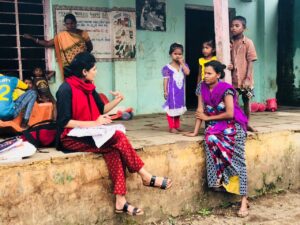
If I had not been a researcher, I would have been in the fashion industry. That was my second back-up plan. But I have always seen myself in academia.
I am a Visharad in Hindustani Classical. I always wanted to pursue that. But again, this is where the societal norms came in. I left my musical career. If I had the time and enough money and if I can go back to learning music, I would love to make a career in that.
I always wanted to be cocooned in my comfort zone. In my initial years of working, I was trying to cocoon myself. I left my job in Mumbai because I wanted to be home- in my comfort space. But, 2018 was the year that changed my life – for good.
I decided to switch my jobs, it was a huge jump as I was stepping out of my comfort zone. My financial security was bleak. Amidst that crisis situation, I decided to take the plunge. My current job helped me in identifying that if there is a risk that needs to be taken, then you have to take the plunge. It has taught me about these risks and challenges, and how I can face them.
You are what you are. You are destined to be who you are. Don’t cocoon yourself to societal norms. Break the norm and do it anyway.
This is the story of Nazish Campwala.

